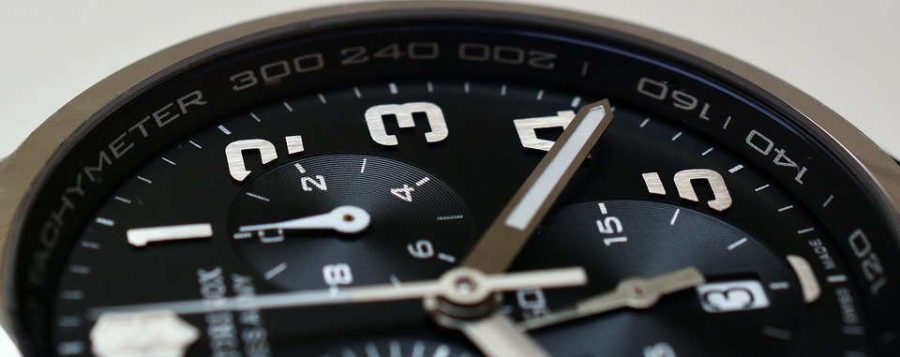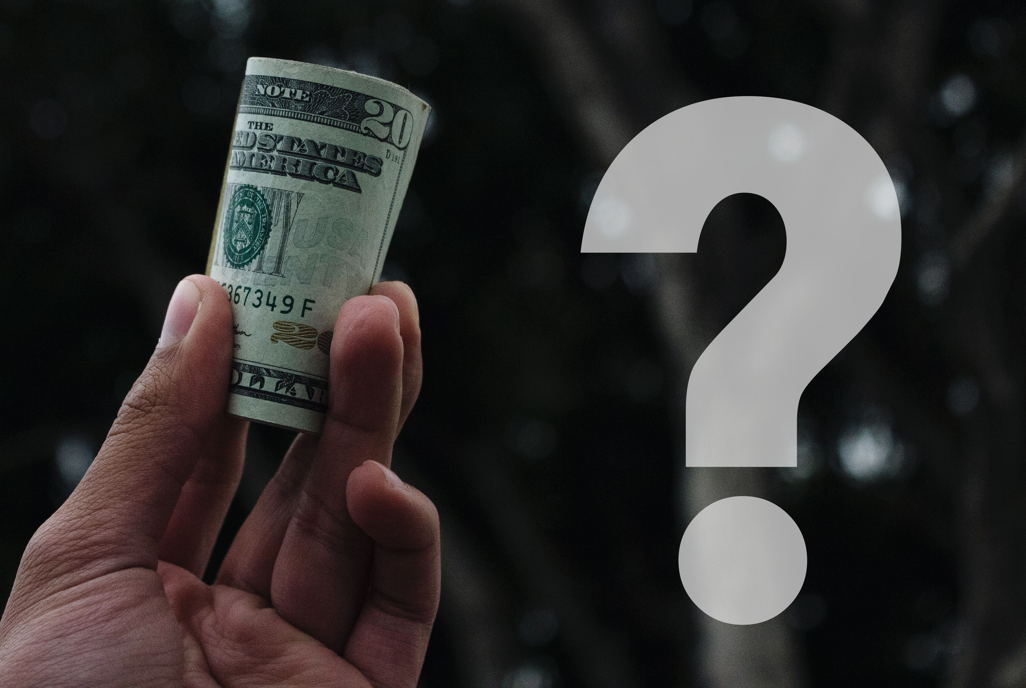How Long Will It Take to Get My Car Accident Settlement Money?
The big question for anyone who has been injured in a car wreck is – just how long will it take to settle my case? The bills sure aren’t waiting, you quickly realize. And the answer is: There is no set answer. The amount of time it takes to settle a personal injury case really […]

April 7, 2016

The big question for anyone who has been injured in a car wreck is – just how long will it take to settle my case? The bills sure aren’t waiting, you quickly realize.
And the answer is: There is no set answer. The amount of time it takes to settle a personal injury case really depends on the circumstances of each accident and the injuries sustained by the people involved in that accident.
Insurance companies, of course, know this. They also know that you, the injured party, require costly medical care and that you may not be able to work. They know a quick settlement (even if it’s for far less than you need and deserve) will sound awfully good to you at first. Yes, you need to pay bills, but what you most need to buy is time.
Time will allow your Indiana personal injury lawyer to build a strong case and increase the chances for a fair settlement. In great part, the answer to the how-long-will-it-take question depends on whether you want to take the low-ball quick settlement from the insurance company or buy the time and the professional expertise to get more of what you deserve.
What Costs Might Your Settlement Cover?

The general principle is that when you’re involved in a serious car accident for which you’re determined not to be at fault, you’re entitled to compensation for any expenses incurred as a result of the event. Such costs might include:
- Repairs to your vehicle
- Repairs to other items of property that were involved in the accident
- Medical bills
- Compensation for lost earnings
- Reimbursement for pain and suffering
Over the next weeks, or even months, your lawyer will be busy gathering information by:
- Communicating with the other driver’s insurance company
- Organizing your medical records and bills for treatments you are receiving
- Getting estimates for any future treatments you are predicted to need
- Negotiating with health providers, disability service providers, and worker’s compensation personnel to reduce liens against you
- Negotiating with insurance adjusters
- Interviewing witnesses to the accident
- Possibly preparing for a lawsuit (regardless of whether that lawsuit ever actually happens or not)
Analyze the Offer

Weeks and months may well pass while all this negotiating and information-gathering is going on, and while the situation becomes more clear:
- Will you be needing ongoing medical care or therapy?
- Will you be able to return to the full earning power you had before the accident?
You and your attorney will need time to analyze the offer. You will need to determine whether the offer is fair and if it will be enough to cover the costs you’ve incurred. Once you and your attorney are ready to accept an offer, you’ll need to sign a release form stating you will not ask for any further money from the other party.
Once the settlement has been finalized, the insurance company is obligated to pay it in full within a pre-determined period of time. If the insurer fails to pay before the payout window expires, the settlement balance begins to accrue interest at a high rate. Still, the unpleasant truth is that insurance companies use all sorts of delaying tactics, including making new demands that you must meet in order to “take physical delivery” of the settlement. In exchange for your demand for an “expeditious release,” you may need to sacrifice a portion of the money. It is still a waiting game.
Getting Your Settlement

As the next-to-last step of the process, the settlement check is deposited into your lawyer’s trust account.
The check must first clear the bank. The money is finally here, but you must continue to wait. Before your lawyer can disburse your share of the settlement proceeds to you, he or she must deal with any liens against your lawsuit.
A lien is a legal right to someone else’s assets. The two kinds of liens that usually exist in personal injury lawsuits are medical liens and governmental liens. Medical liens come from health care providers and health insurers, while governmental liens are usually from Medicare, Medicaid, or a child support agency.
After the liens have been renegotiated and finally settled, the attorney keeps his or her agreed-upon portion of the money, issuing the remainder to you via check. But wait…that check may take another two weeks to clear.
There’s no need to be concerned with your lawyer keeping the money in the account longer than necessary. In fact, no lawyer may deposit your settlement money with his or her own money. Indiana has an Interest on Lawyer Trust Account (IOLTA) program. (In fact all 50 states plus Washington D.C. participate in such programs). As the Indiana Bar Foundation explains, any interest earned on the money while it’s in the IOLTA account is used for charitable purposes, usually those related to pro bono work.
By now you’ve no doubt become very tired of waiting. Remember, though, that time can be on your side in terms of holding out for a fair settlement. A settlement is final, so make sure all your injuries have resolved before accepting one.